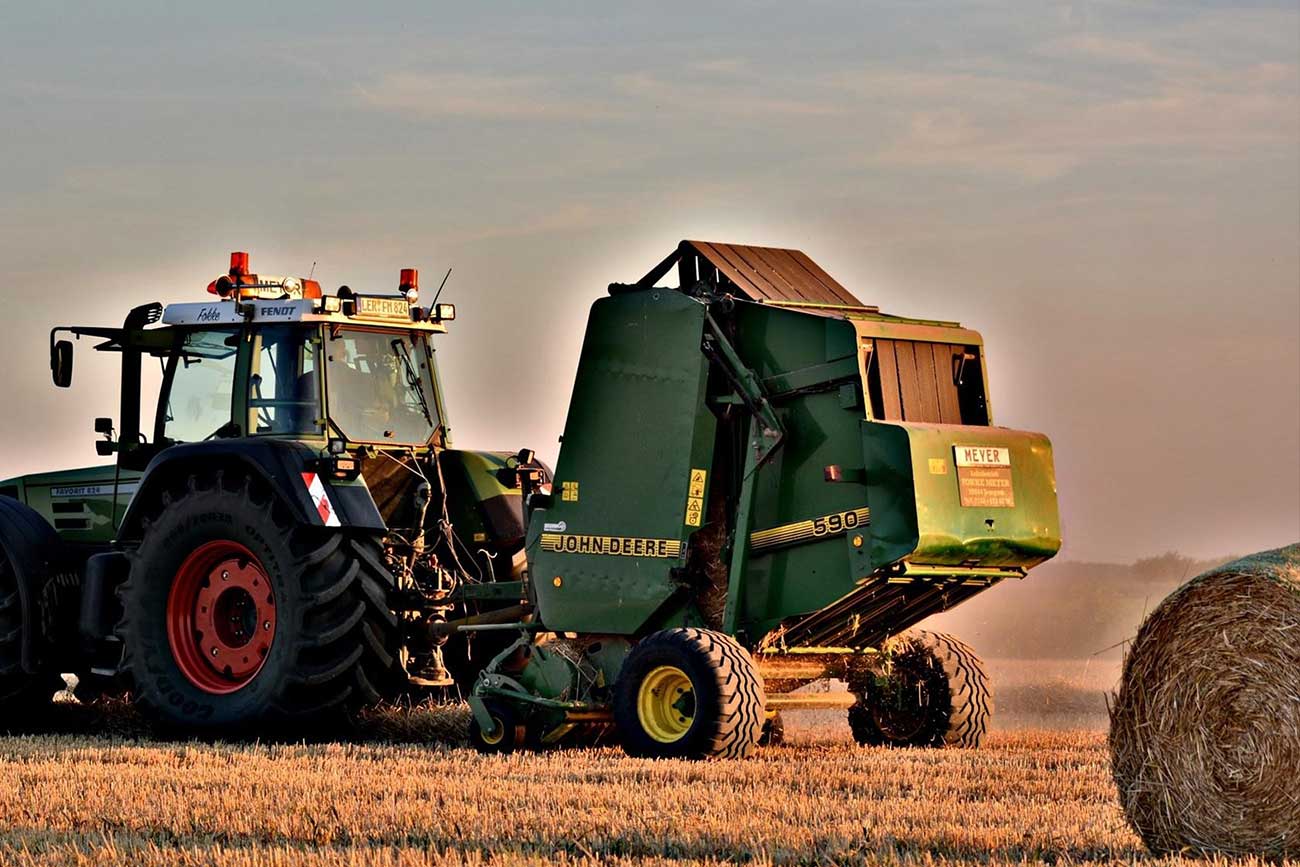
Wondering what the real point of cardboard / plastic balers is? Balers are typically integral to a company’s recycling program. They are industrial compacting machines that turn your recyclables into blocks so that they can easily be stacked and transported. Balers can help any commercial business in many ways, but not all balers are right for every business. Smaller companies might benefit from balers as they don’t have to invest as much in other waste management areas.
Additionally, larger businesses might be able to make more money by selling their recyclables to recycling companies. Please, keep in mind that the amount that recycling haulers will pay for cardboard, plastics, foam, etc. varies based on the market. They are considered commodities.
Let’s discuss some more of the benefits that come with using balers for your business.
All The Benefits of Using Balers
We think that choosing the correct baler is vital for maximizing the many benefits that balers can offer you. We can help you define your goals and make sure you get the right baler for you. Ultimately, when you’re able to maximize your trash and recycling, you cut back on transport and waste management, saving you time and money.
Let’s look a little closer at some of the benefits that come with using balers.
Benefits of Balers
There are so many great reasons to recycle waste materials. Not only is it beneficial to the environment because less trash means less pollution, but it also helps reduce the need for raw materials.
When you start recycling using balers, you can make sure that usable materials don’t end up in landfills unnecessarily. Trash that ends up in landfills eventually gets buried or burned, which adds to the air and water pollution. Using recycling balers helps reduce that waste. Additionally, you can improve waste handling in general. Our balers produce consistently sized bales, which allows you to streamline your handling process when transporting. Baled waste is much easier to handle and more efficient for recycling services to collect.
Investing in recycling equipment can also help you develop a better recycling system than you might have had before. We mentioned this before, but businesses looking for additional revenue can reap some of the rewards that come with bailing and selling waste materials.
Types of Balers
There are typically three types of balers: vertical balers, horizontal or large industrial balers, and mini-balers. The first one we’ll talk about is vertical balers. Vertical balers are designed for facilities that process a small number of materials that need processing. They have a smaller output, but their bale size can be up to 1000 pounds. You’ll find these at most retailers or warehouses since cardboard is the primary material being used.
Horizontal balers are mainly used in higher production settings like distribution centers, production facilities, recycling centers, or material recovery centers. Typically they are recommended for companies that produce more than 25 tons of recyclables per month. In contrast to the vertical balers, which usually make one bale an hour, a horizontal baler can process up to 5 tons of recyclables in an hour. Horizontal balers have a greater thrust to compress the materials, and they automatically tie the barrels, where vertical balers need their bales manually tied. There are often customized feeding systems that take materials via conveyor to the hopper for the horizontal baler. However, for many companies, these large balers aren’t the ideal solution because they are relatively expensive and require a lot of space and maintenance.
The third type of baler is known as a mini-baler. Mini-balers don’t have the same capacity or compacting power of the larger balers, but they can handle the smaller volumes when companies have recyclable materials. Specifically, if you mainly have small cardboard boxes and aluminum cans, your business operation won’t need the power that the vertical or horizontal baler offers. These types of materials are much easier to compact than scrap metal, so they might be a better fit for your business. The bales will weigh around 100 lbs. They are smaller and more affordable, so some companies opt-in for this option.
At Direct Compact & Baler, we have a team of trained professionals ready to assess your recycling equipment needs and carefully walk you through the best options for your job. We will discuss your goals, how your business operates, and your budget so that you can get the machine you need at the price you can afford.
We even have rental equipment to get the equipment you need when you need it quickly. We offer 24/7 customer service so that you can get answers right away if you have questions or are curious about our equipment. Direct Compact & Baler has factory-trained technicians too, so if your machine needs repairs or you have technical questions, we can give you the help you need. We offer on-site maintenance in most cases so you can worry less and get back to your business. With direct delivery right to your location, and performance guaranteed, what are you waiting for?
Conclusion
In summary, recycling with balers can be an asset to your business. They can help you comply with environmental laws and also be a way to generate a little extra revenue too. They can help you minimize the volume and maximize value when it comes to your waste materials.
When you need balers for your business, we’ve got you covered. Browse through all of our recycling balers and compactor options to help you with recycling and waste management. Reach out to us today if you have any questions about our services and equipment. We have over 35 years of experience in this industry, and we are confident that we can meet your business needs.
